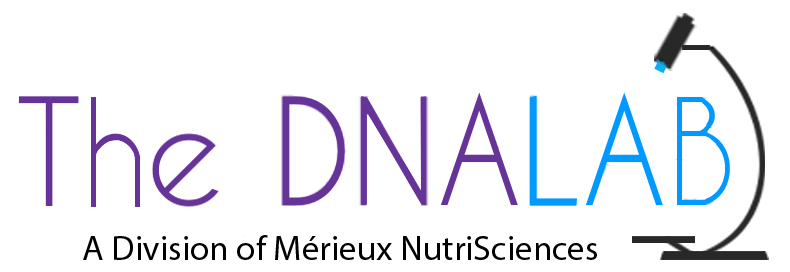The age of consumer genomics has arrived. Nowadays you can send a vial of your spit in the mail and pay to see how your unique genetic code relates to all manner of human activity—from sports to certain diets to skin cream to a preference for fine wines, even to dating.The most widespread and popular companies in this market analyze ancestry. Genetic genealogy is big business and has gone mainstream. But how accurate are these tests—truly?
First, a bit of genetics 101. DNA is the code in your cells. It is the richest but also most complex treasure trove of information that we’ve ever attempted to understand. Three billion individual letters of DNA, roughly, organized into 23 pairs of chromosomes—although one of those pairs is not a pair half the time (men are XY, women are XX). The DNA is arranged in around 20,000 genes (even though debate remains about what the definition of a gene actually is). And rather than genes, almost all of your DNA—97 percent—is a smorgasbord of control regions, scaffolding and huge chunks of repeated sections. Some of it is just garbage, left over from billions of years of evolution.
Modern genetics has unveiled a picture of immense complexity, one that we don’t fully understand—although we are certainly a long way from Mendel and his pea experiments, which first identified the units of inheritance we know as genes. Throughout the course of the 20th century, we gained a firm grasp of the basics of biological inheritance: how genes are passed from one generation to another and how they encode the proteins that all life is built of, or by. In the 1980s we identified genes that had mutated, making faulty proteins, which could cause terrible diseases such as cystic fibrosis or muscular dystrophy, for example.
By 2003, the Human Genome Project had delivered the human DNA sequence in its entirety. One of the most important by-products of that endeavour was the advent of technology that allowed us to read DNA at unprecedented speed and for ever-decreasing costs. We can now pump out the genomes of hundreds of thousands of people for peanuts, and with that data comes greater and greater perspicacity into the profound questions of inheritance, evolution and disease. There’s effectively infinite variation in human genomes, and scrutinizing our DNA helps us to understand what makes us human as a species and as individuals.
Reference:
Adam Rutherford (October 15, 2018). How DNA testing works [Blog post]. Retrieved from https://www.scientificamerican.com/article/how-accurate-are-online-dna-tests/



